Can Childhood Trauma Impact Your Personality Type?
When it comes to helping people with their personality type I’ve started to veer further and further away from the use of tests and indicators. This is mainly because there are so many factors that can impact how questions on indicators are answered. Environment, upbringing, trauma, mental illness, stress, looping, all these things can impact the result you get on a personality indicator or test.
One of my readers asked me several months ago to write an article about how childhood trauma might impact someone’s type result. I thought this was an excellent question, but I’ve needed time to ponder, research and talk to other typologists to see what they think.
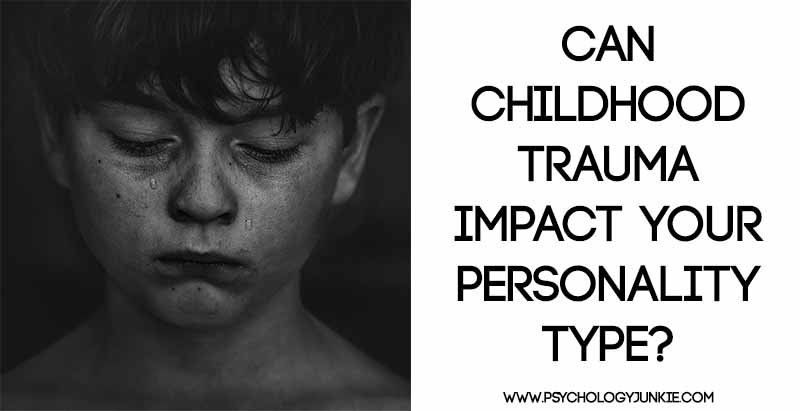
Not sure what your personality type is? Take our new personality questionnaire here. Or you can take the official MBTI® here.
Childhood Trauma Can Definitely Impact Your Personality Type Result
While childhood trauma won’t change your personality type, it can change the result you get on a type indicator (personality quiz, the official MBTI®, etc,.). One of the reasons this happens is that trauma can impact how you use, develop, and show your type preferences. Most tests and indicators look for “typical” type responses, behaviors, and reactions. They aren’t able to consider the effects of abuse, environment, and stress.
For example, an ENFJ who has grown up in an abusive, volatile environment and wasn’t nurtured through childhood may not be as socially conscious or in tune with the feelings of others as your typical ENFJ. Questions determined to root out healthy Extraverted Feeling (the dominant function of ENFJs) might fall flat for this kind of an ENFJ. Why? Well, studies in neuroscience have shown that children who aren’t nurtured or who are maltreated as children can experience a number of changes in their brain structure and chemical activity which will affect their behavior and social and emotional functioning.
“Toxic stress can alter brain development in ways that make interaction with others more difficult. Children or youth with toxic stress may find it more challenging to navigate social situations and adapt to changing social contexts (Hanson et al., 2010).” – Understanding the Effects of Maltreatment on Brain Development
An ENFJ who is recovering from a severely abusive or neglectful childhood might seem more withdrawn and introverted, and they might seem less aware or concerned with social constructs and the feelings of others. As a result, they could walk away from a personality test with a completely useless and inaccurate type result.
When it comes to personality typing, we can’t downplay the importance of neuroscience, background, environment and trauma. If I’m trying to type someone who is a child abuse survivor and who is struggling with PTSD I need to be ready for behavior and answers to questions that might be the result of coping mechanisms and not the result of their own inherent type.
My Own Experience
As a rape and abuse survivor who has been diagnosed with PTSD for most of my adolescence and adulthood, I know that stress, mental illness, and anxiety can have a major impact on how I display my own type. INFJs aren’t supposed to be especially drawn to past experience, but sometimes, because of PTSD, that experience pulls me back into its grasp. When I’m in the midst of anxiety and stress I can behave much more like an unhealthy ESTP than a healthy INFJ. Sometimes I lack the social grace and awareness that would be typical for an Extraverted Feeling type. During my darkest days I’ve lacked the visionary outlook on the future that is typical for Introverted Intuitive types. Does that mean I’m not an INFJ? No, but it does mean there have been times in my life where I certainly haven’t acted like your “typical” INFJ.
How Childhood Trauma Can Cause You to “Loop”
Sometimes when we become extremely defensive of ourselves or there’s a truth that we can’t accept (perhaps the truth that we were unloved or neglected) we can try to protect our psyche by entering a dominant-tertiary “loop”. This is where your dominant and tertiary functions loop back and forth, effectively bypassing your auxiliary function.
For example, an ESFP who has had their values violated through much of their childhood might try to suppress their auxiliary Introverted Feeling and loop back and forth between Extraverted Sensing and Extraverted Thinking. When this happens, this type is much more likely to get an ESTJ or an ENTJ result on a personality test.
In the same way, an ENTP who is stuck in a loop can cycle back and forth between Extraverted Intuition (Ne) and unhealthy Extraverted Feeling (Fe). This can make them seem more emotionally manipulative than a typical ENTP, and that tertiary Fe might give them a bent towards an “FJ” result in a personality test.
How Stress Can Impact Your Type Result
When you’re extremely stressed or depressed, you can get stuck “in the grip” of your inferior function. In most people, the inferior function is less conscious and less recognizable than the dominant or auxiliary function. But in people who are highly stressed or depressed, they might revert to using their inferior function more frequently. This can cause, as in my case, an INFJ to seem more like an unhealthy ESTP. It can cause an ENTJ to seem more like an unhealthy ISFP. You can find out more about how stress impacts your personality type here.
Children who have been abused or traumatized during their childhood are much more likely to experience stress, depression, or PTSD as adults. This can cause them to exhibit more “grip” behaviors than if they were in an emotionally healthy place. As an example, I’ve known several INFPs who tested as ESTJs because they were in a constant state of stress, anxiety and overwhelm.
How to Avoid Being Mistyped
– If you’re really wanting to take an indicator to define your type then try to answer the questions when you’re in a positive frame of mind.
– Take into account that the reason you may be hyper-vigilant, anxious, or on-edge might be related to stress and not your type. Think of behaviors and thought patterns that might be influencing you based on that. Read up on stress reactions and see if those might play a part in how you are expressing your type.
– Get familiar with the cognitive functions. If you read good descriptions of these and can determine which ones you favor in your happiest, most relaxed states, you’ll be less likely to mistype yourself.
– Talk to an MBTI® practitioner who is familiar with neuroscience and psychology who can give you a more multi-dimensional approach to finding your type!
What to Look For in the Future
I am going to be working on a series of posts about the different levels of health for each personality type. If you don’t relate to the “generic” type descriptions, you might find yourself able to identify with the types when they are described by their various health levels. So stay tuned!
What Are Your Thoughts?
Has your childhood had an impact on your personality type or your results? Share your thoughts with us in the comments!
Find out more about your personality type in our eBook, Discovering You: Unlocking the Power of Personality Type.
Other Articles You Might Enjoy:
The Learning Styles of Every Myers-Briggs® Personality Type
What Your Child Needs to Hear Based on Their Myers-Briggs® Personality Type
How Each Myers-Briggs® Type Can Feel Lonely (And What to Do About It!)
The Teenage Struggles of Every Myers-Briggs® Type
Get Your Free eBook!

Subscribe to our newsletter and get an eBook packed with powerful parenting tips for each personality type! Enjoy 28 beautifully illustrated pages exploring the needs and strengths of all 16 personality types in childhood.


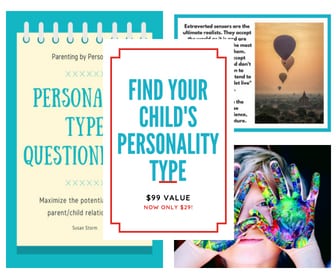
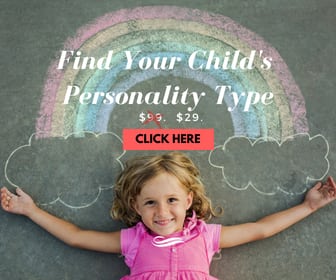

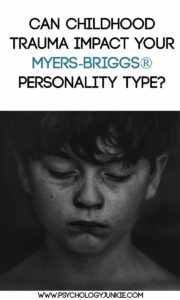




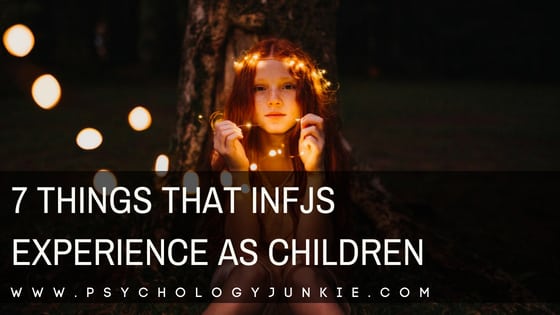
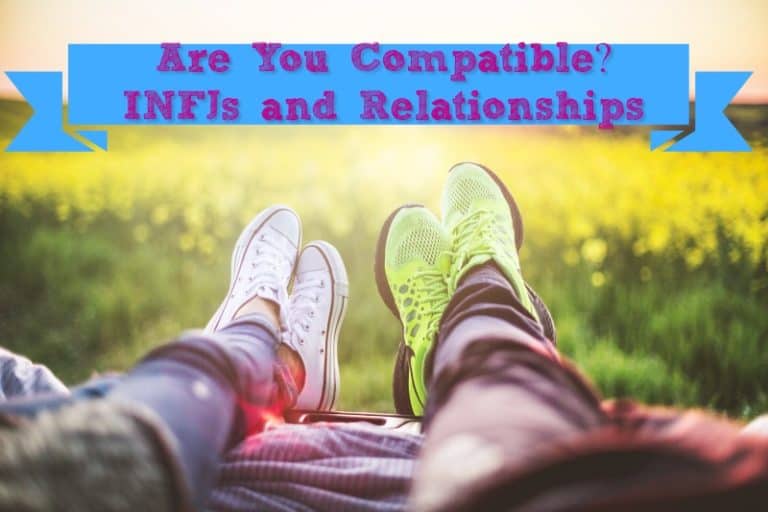
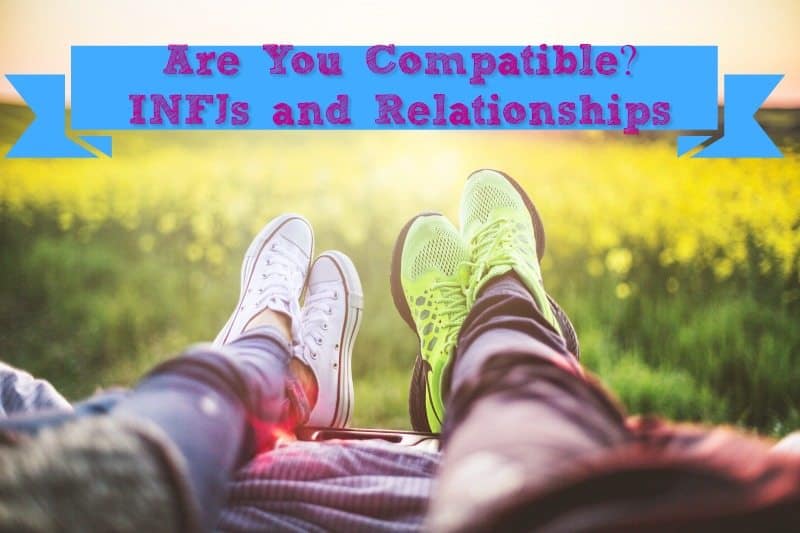


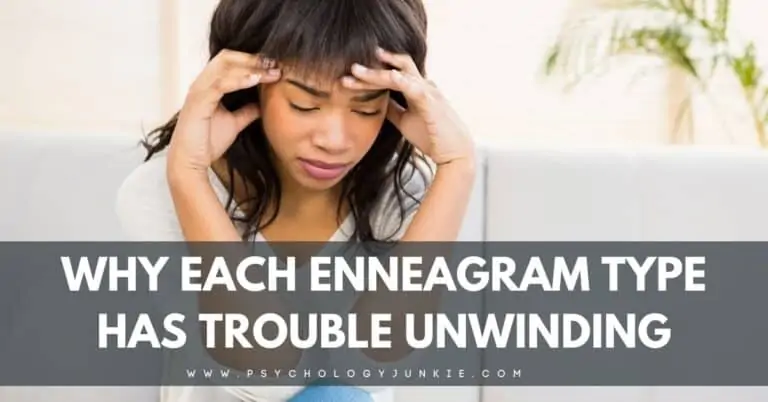
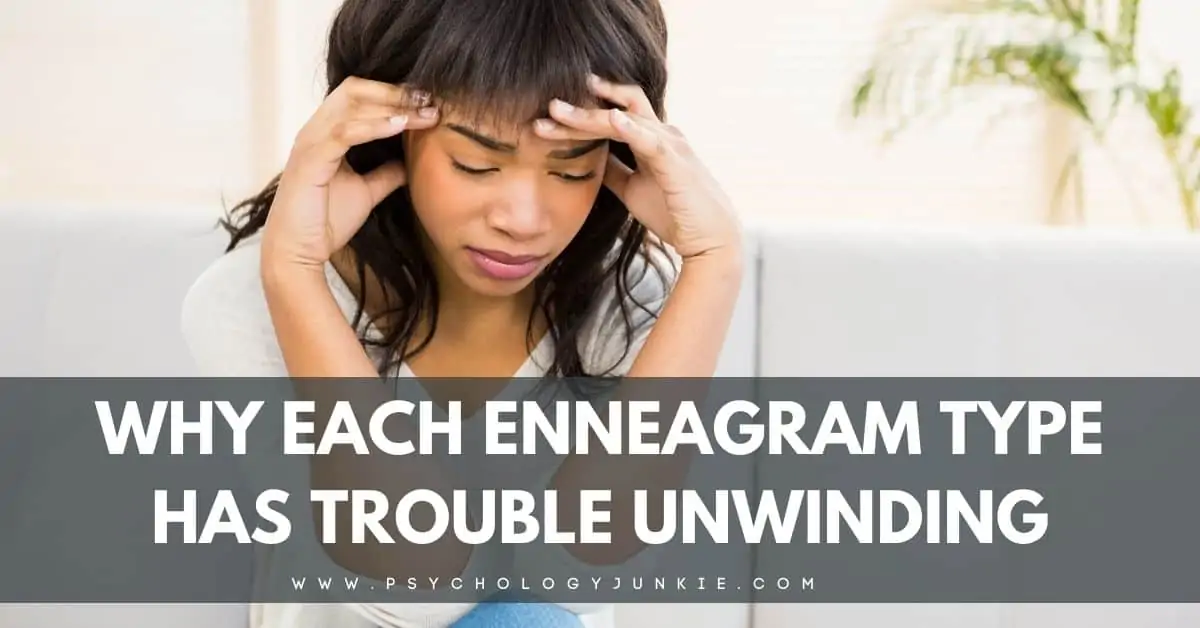
I would say for me it likely has. Grew up with two parents who fought, daily. Being a girl on the higher end of the autism spectrum and having interests more suited for boys also got me into a lot of trouble with my peers. I played best with the boys, but the other girls resented this and teased me. The boys didn’t want the boyfriend/girlfriend association so would turn on me at recess at a moment’s notice. I resented on/off friends. I remember it angering me how they could be one way with me then act like bullies/ enemies when they met me with their other friends. I eventually told off one friend that I was sick of her doing that and more less did the door slam. Fortunately she moved away around that time so I didn’t have to keep on dealing with her.
I got bullied a lot growing up, so…. I likely hid one of my functions and grew up in an NI-Ti loop. Tested first in middle school as an ISTP based on my hyper critical perception of my flaws. Retook it and either got INFJ and rejected it because it was too idealized to be me. Took it again and got INFP. Believed I was some odd INxP from then on. To Ti minded to be INFP but with a more Fe type feeling than the Fi authenticity. I struggled to figure out my type until I came across one of your blogs talking about the Ni-Ti loop.
That was how I figured out I must be an INFJ who’s life experiences and being bullied caused me to reject the Fe. At least until now.
How can someone revert back to their original type.
Thank you for this post. I tested as INFJ but the test was tricky for me because I had to think about what I would really do if I hadn’t had my past or if I had my druthers. Sorting out coping mechanisms has been possible with all the healing I’ve done but even a year ago, I probably would have tested differently. Yes, the tertiary dominant loop…I know it well. I have more recently become more adept at feeling in general and actually decreasing my dependence on my tertiary T function regarding explaining myself. Whew! I really appreciate you sharing your wisdom.
Hi Meredith! Thanks so much for your feedback! Coping mechanisms can definitely make it harder for us to type ourselves correctly. I have done plenty of Ni-Ti looping myself! I’m really glad that you have found more clarity with time and I’m glad to have you here on my page 🙂 Let me know if you come up with any questions at all!
I think this is quite accurate. It totally makes sense too. I think web type indicators are extremely superficial and often ‘silly’ in the way they project questions that concern one’s behavior patterns and thinking/feeling style. They are one dimensional and poor and it’s no surprise that I’ve had several different results. First, I got INFJ, then INTJ, then INTP which up until recently I thought was my correct type based on many relatable traits I’ve read on this type. Except I recently discovered that the introverted type I am more in tune with, based on its traits, is the ISFP. Pretty crazy considering how all these types have several different functions. I attribute this typing confusion on the fact that due to trauma in early youth, I’ve been going on extremes to hide and suppress my true awkward, aloof but very deeply emotional self, preffering a ‘colder’ approach in life, one that would not have me vulnerable or weak. So I think since I have a lot in common with the INTP, my trauma induced brain gravitated towards what I considered to be the.’ideal’ type for me, instead of my accurate one.
What I find difficult, being an INTJ and victim of childhood abise, is that there are overlaps between normal INTJ functioning and effects of abuse. For example, when I’m zoning out, am I deep in Ni or in a dissociative state? I know many who would consider my difficulty immediately recognizing and affecting emotion to be a symptom, having lost the trust early in those around me. For example, though it’s never been tested with anyone closer than aunt and grandparent, I do not seem to experience grief at the same level others do. I’ve never tested as anything but INTJ, I just wonder sometimes through which lens i should view my own behaviors.
I believe it affected me greatly. As I needed to go into self protection I tested much different at 16 than now. I felt I needed to hide in an INTP shell. I now test and have for many years as an ENFJ.